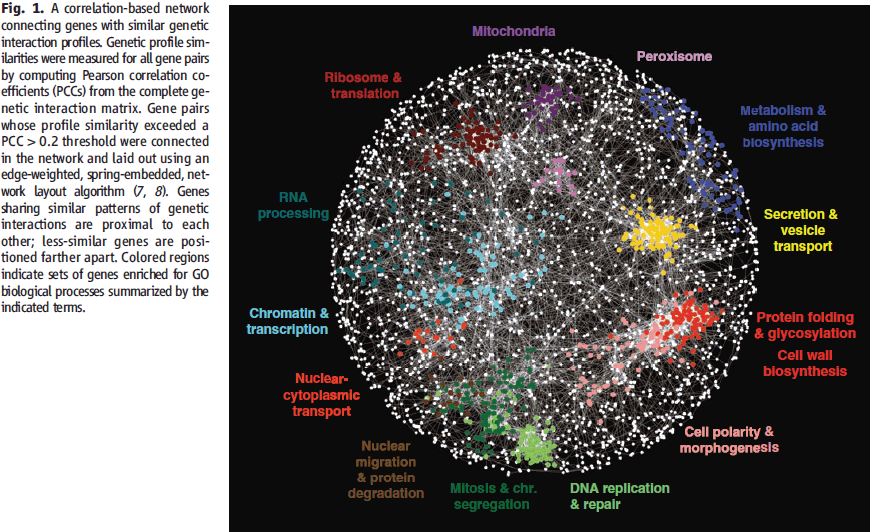|
|
|
|
|
|
|
News & Views item - January 2010 |
![]() Synthetic Biology and Multidisciplinary Science. (January 23, 2009)
Synthetic Biology and Multidisciplinary Science. (January 23, 2009)
As it describes itself, "the National Academies Keck Futures Initiative (NAKFI), a program of the National Academy of Sciences (NAS), the National Academy of Engineering (NAE), and the Institute of Medicine (IOM) with support from the W.M. Keck Foundation [was] launched in 2003. NAKFI has been catalyzing interdisciplinary research at the intersection of science, engineering and medicine, and enhancing education among researchers, funding organizations, and universities".
And this past November under the auspices of NAKFI a group of engineers, chemists, computer scientists and biologists met in Irvine, California to discussed future directions of "synthetic biology".
Nature's editorialist notes that while definitions of the field were divergent depending on whom of what discipline one queried, a defining pair of experiments in tailored gene regulation published on 20 January 2000 are the foundation. The key concepts stem from two precepts from physics: "...first, to understand something one must build it, and second, start from the simplest imaginable principles".
One of the key points the has become increasingly obvious in the ten years that have followed the seminal papers* is the necessity for teams to be made-up of individuals thoroughly trained and competent in the fields of expertise while being able to understand what their cross disciplinary colleagues are doing.
Nature's editorial makes the crucial point that "the difficulties encountered when building basic circuits announced the demise of intuition as a reliable guide to biological understanding. It took endeavours in synthetic biology to illustrate what systems biology perhaps should mean: to enlist mathematical formalism in producing biological insights that are beyond the reach of mere intuition".
What practical significance synthetic biology will reap is still highly problematic, but the editorialist concludes: "one of the deepest lessons from these first ten years is that biological knowledge will require synthetic approaches if it is to become a mature and reasonably predictive science."
Just to indicate one avenue of the complexities involved, this week in Science Michael Costanzo together with over 50 co-authors published "The Genetic Landscape of a Cell"§.
The introductory figure gives a taste of what's in store for future investigators and suggests that the nation's cabinet ministers take care, when moving to press-gang university researchers in particular, into hubs, spokes, and compacts.

____________________________________
*M. B. Elowitz and S. Leibler Nature 403, 335–338; 2000
T. S. Gardner et al. Nature 403, 339–342; 2000
§M. Costanzo, et al. Science 327, 425-431 2010